DYING FOR MONET
Claudia Riess
GENRE: Mystery
BLURB:
Dying for Monet, book 5 of Riess’s art history mystery series, opens on a gala evening auction at Laszlo’s, an upstart auction house in New York City. After a much sought-after Impressionist still life painting is without notice withdrawn from the auction block, its broker is found dead at the foot of an imposing statue in Laszlo’s courtyard. Amateur sleuths Erika Shawn and Harrison Wheatley are once again drawn into an investigation involving an art-related homicide, this time with one sharing an unnerving coincidence with violent crimes occurring abroad.
Excerpt:
Greenwich, Connecticut January 5, 1927
It was time. The mavericks, all thirty of them represented at the first Impressionist Exhibition in Paris, 1874, had passed away. Not that a clean sweep was essential to the plan, but there was a sense of closure about it, as useless yet gratifying as an account ledger balanced to the penny.
The framed canvases were propped up against the far wall of the living room like hostages awaiting their release. The overstuffed couch with its mesmerizing pattern of exotic birds had been moved into the dining room to clear the wall space for them. The drapes were drawn and the room was bathed in artificial light, yet the paintings seemed to be standing out in the open, beneath the sky. It was the sheer vibrancy of color that created the illusion, Elizabeth Barden thought, as she surveyed the display, guilt creeping into her enjoyment of it. Though there’d been no law against it, it had been criminal to have kept these luminous visions in the dark all these years. If only she hadn’t been bound by a promise!
She remembered her parents sitting her down at the kitchen table in this very home, thirty-three years ago it was, the two of them planting themselves opposite her, looking more grimly serious than she’d ever seen them. She was fourteen years old at the time and not yet settled on what to make of herself, looks and intelligence ratings still torturously pending. She imagined she was about to hear that she’d been adopted or had three months to live. What they told her was less dire, but required a more sustained focus to take in. The paintings would be her legacy, they said, but in order for this to be the case, she must follow their instructions down to the letter. She had to clasp their hands in hers—as good as swearing on the bible—and promise to do so. The mood lightened only once during the interview, and that was when she’d pronounced the artist’s name as if it rhymed with “bonnet.” “Monet,” her mother had corrected, grinning. “Mow the grass. Neigh says the horse.”
The memory did not draw a smile. How could it, when these prisoners stood before her in dutiful formation? How brilliantly they’d persevered without a trace of reproach marring their freshness! And wasn’t it curious, how her gaze seemed to be drawn—and return when it wandered elsewhere— to the still life of a Wedgewood vase teeming with flowers—gladioli, lilies, wildflowers; a riot of color she would hardly call “still.” Not her favorite genre, still life, but she’d felt the same sort of instant affinity to this painting as she’d had with her lover, Jacob, not at all her type, but upon an exchanged look, bound to him body and soul. And of course, in a manner of speaking he, too, like the painting, had been hidden for far too long from the embrace of natural light. She must free him, too, from the dark. She had been intending for a year—what was she thinking, more than a year—to tell her most dear but tiresome husband of her affair and the necessity for a divorce. The imminence of the afternoon’s scheduled event strengthened her resolve. She would end the secrecy tonight.
Hard to believe that barely one hour from now, unless God or chance intervened, the transaction would be under way. The wealthy young art collector, Lewis Keller, along with the gallery owner who had used his networking skills to nose him out and was serving as broker in the deal, would soon be rapping at the door of the sprawling old ranch-house where Elizabeth had lived all her life, half of it with her husband, Wallace. The gallery owner’s entourage of packers and transporters would be on hand as well. The collector, a bit wet behind the ears, she’d discovered when he’d first come to look over the paintings, had seemed to rely more on the gallery owner’s aesthetic judgment than on his own. Like a pet owner forced by circumstances to give up her precious charge, she hoped that the man to whom she was relinquishing the paintings would treat them with the care they deserved.
Before withdrawing to her room to freshen up, Elizabeth stepped into the kitchen to see how her husband was coming along with the needless crudité platter he was arranging for their guests.
“Ah, Wally,” she said rather sadly, thinking of what was ahead for the poor man tonight, “an unaccompanied champagne toast would have been quite sufficient.”
“I know, Liz, I know,” Wallace said, putting down the knife with which he had been slicing carrots into sticks. “But you must admit, a little gesture of thoughtfulness goes a long away.” He tapped his apron-bibbed chest for emphasis.
“You’re right, dear,” Elizabeth agreed, gritting her teeth at his habit of speaking in aphorisms. The knife was lying on the counter unattended, and she imagined, for an instant as fleeting and pleasant as a sunny landscape striking an Impressionist’s eye, of stabbing him with it.
AUTHOR Bio and Links:
Claudia Riess has worked in the editorial departments of The New Yorker and Holt, Rinehart and Winston, and has edited several art history monographs. Stolen Light, the first book in her art history mystery series, was chosen by Vassar’s Latin American history professor for distribution to the college’s people-to-people trips to Cuba. To Kingdom Come, the fourth, will be added to the syllabus of a survey course on West and Central African Art at a prominent Midwestern university. Claudia has written a number of articles for Mystery Readers Journal, Women’s National Book Association, the Sisters in Crime Bloodletter, and Mystery Scene magazine. To read more about Claudia and her work, visit the author's website.
Connect with Claudia Riess
Website ~ Twitter ~ Facebook ~ Instagram ~ Pinterest
















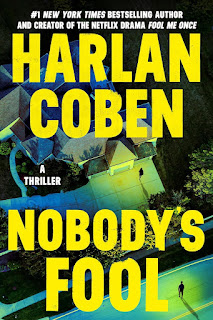





















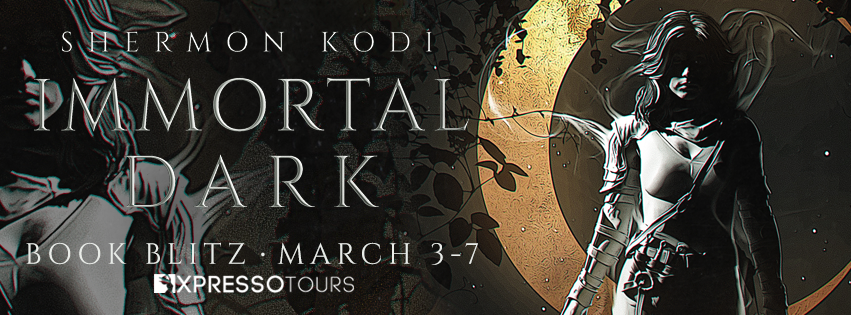

















.png)













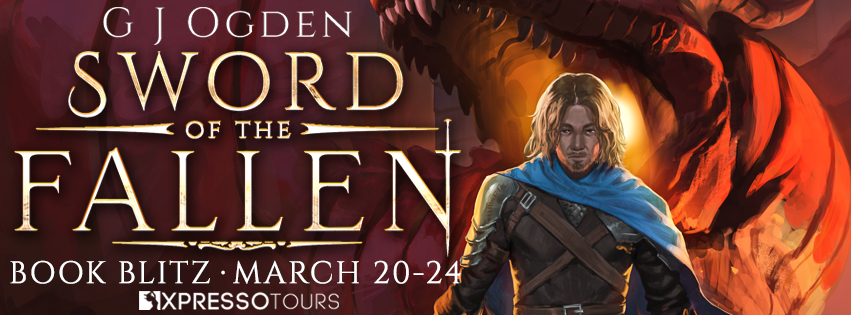








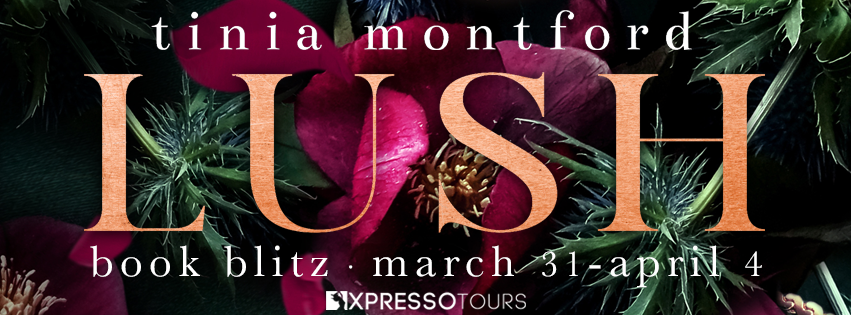
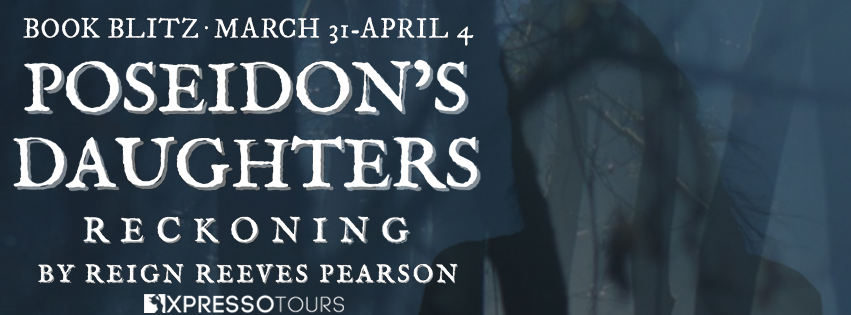



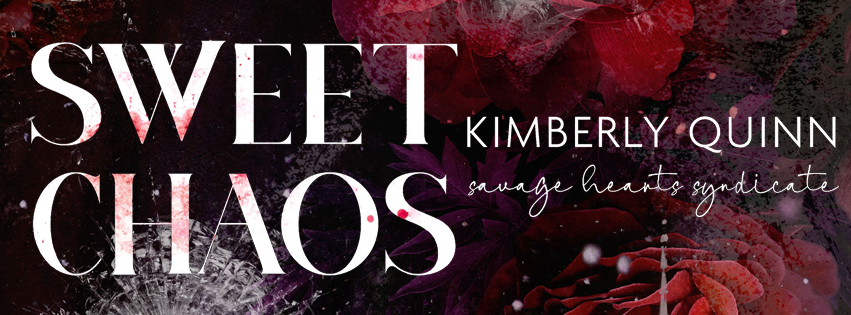

















8 comments:
Thank you so much for featuring DYING FOR MONET.
The excerpt sounds good. Thanks for sharing.
Thank you for featuring my book. Much appreciated.
Claudia is an amazing and talented writer, I have so enjoyed all the books in this series. Marcia Rosen
I really like the cover and the excerpt.
This looks really interesting. Thanks for sharing.
Thanks for your kind comments!
Really enjoyed reading the excerpt!! This book sounds like a very intriguing art history mystery book!! Looking forward to checking it out!!
Post a Comment